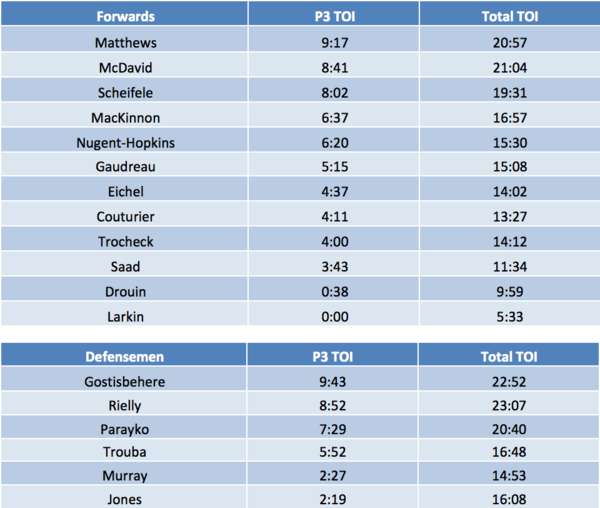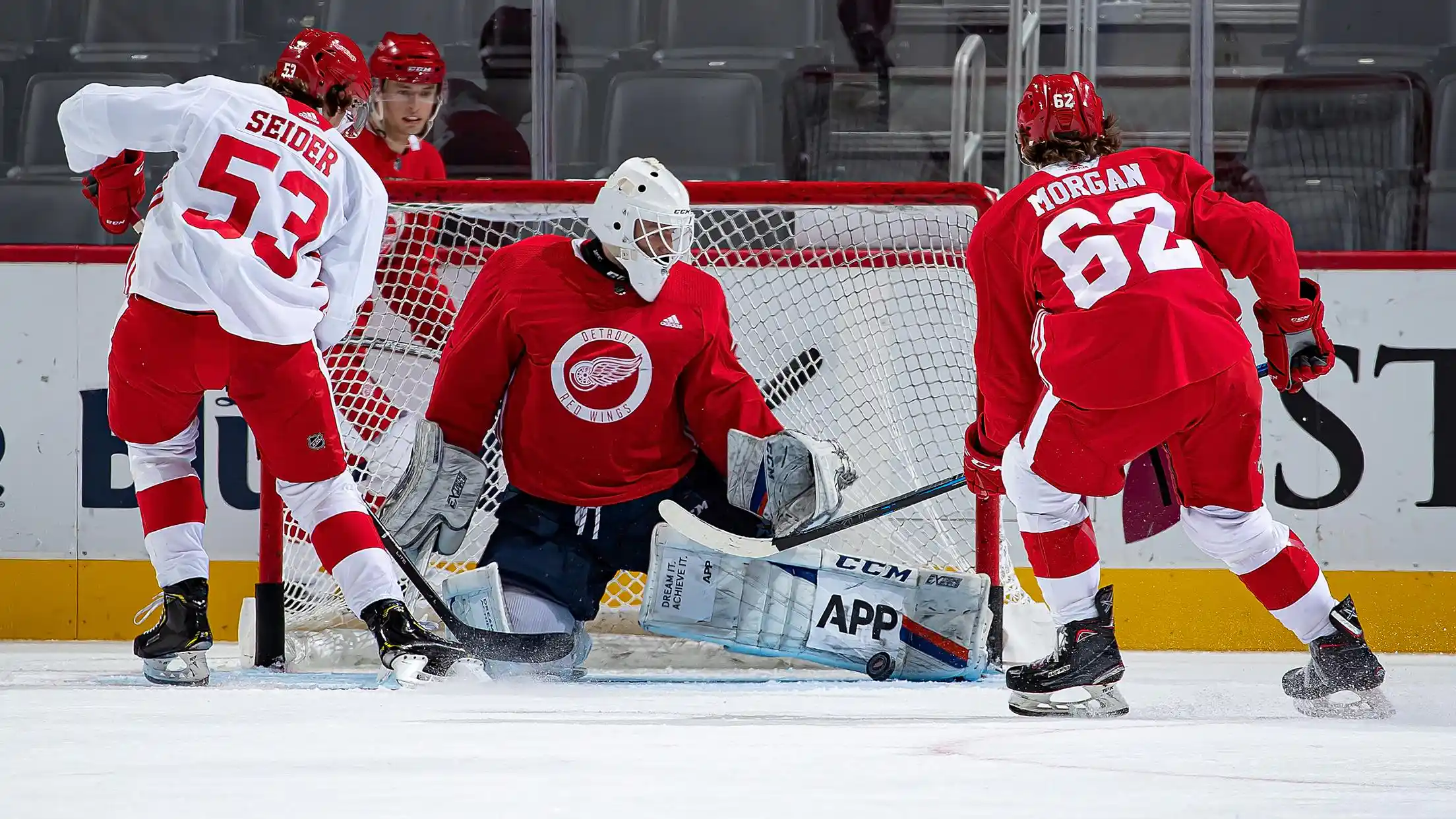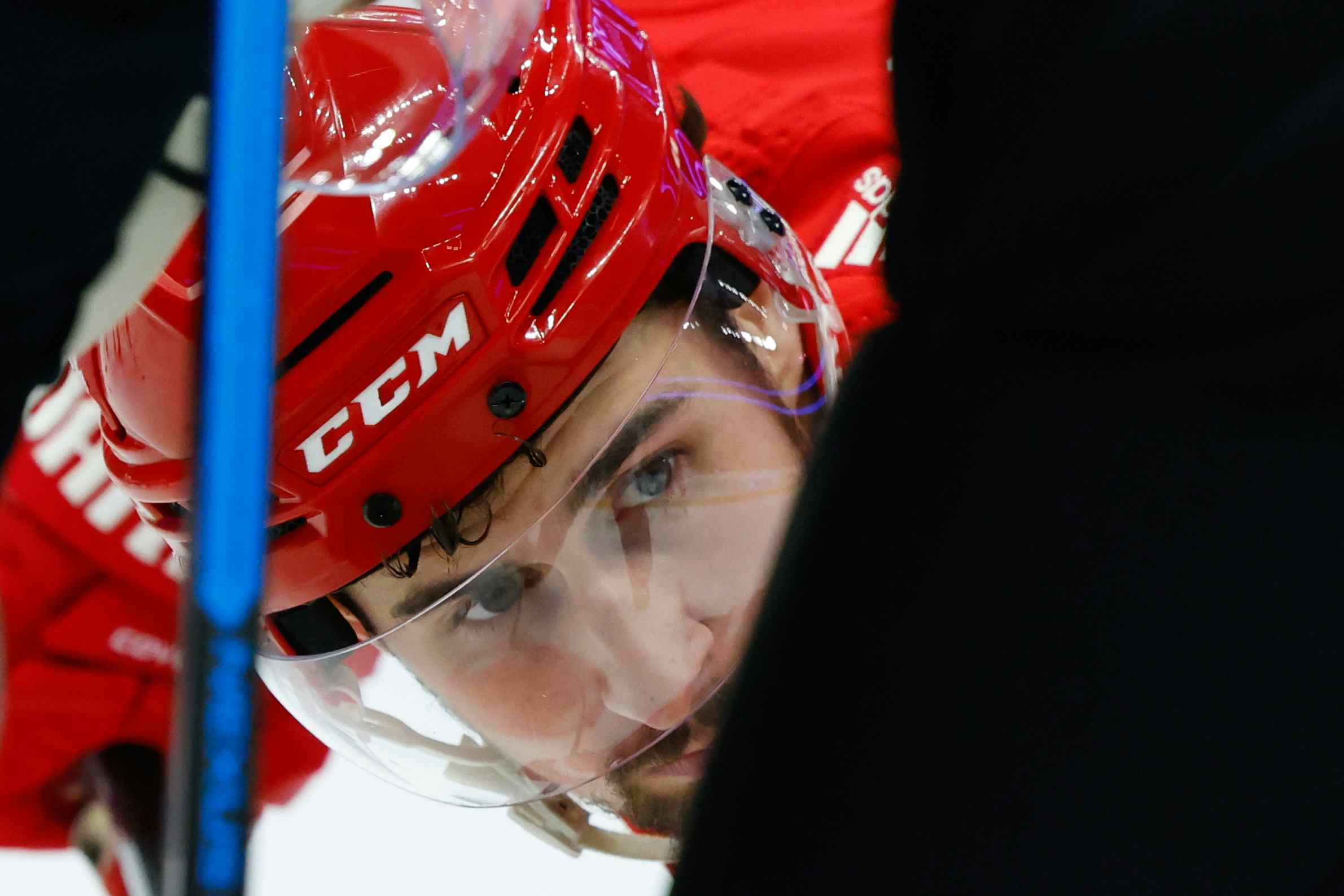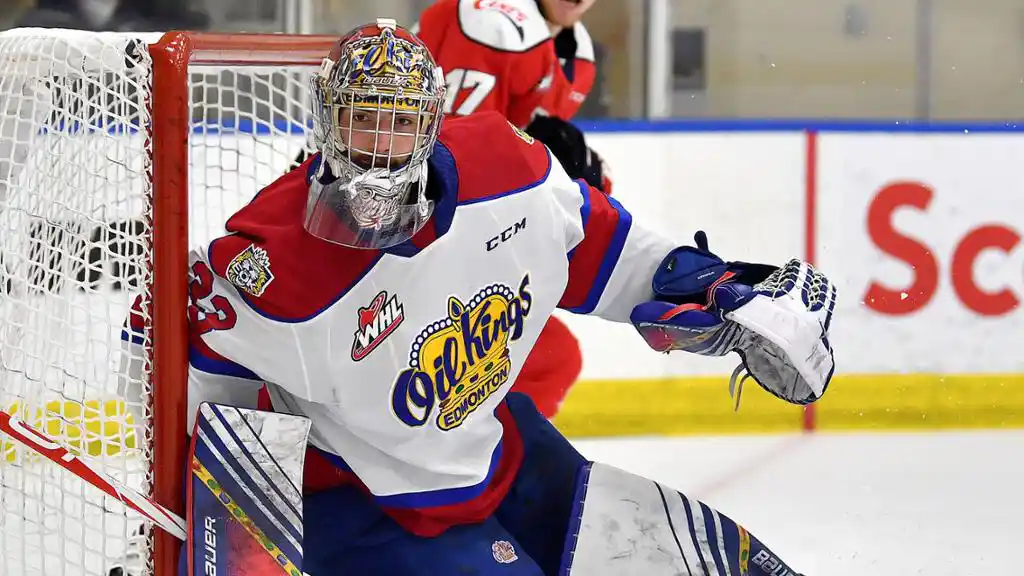Shortening the Bench Isn’t Necessary for Team North America
By Megan Kim
7 years agoAfter a convincing 4-1 win against Finland to open the tournament, our favorite bunch of scrappy kids ran into a 4-3 loss to the Russians on Monday night. It’s true that Russia got a few lucky bounces — namely, the goal that Matt Murray knocked into his own net and the puck that came off the glass and landed right in front of Nikita Kucherov, who wasted no time burying it. However, that’s not to take away from anything Russia did last night.
Russia played well. They especially took over the game in that second period where they scored four goals, and that three-goal lead proved to be too much for the young guns to overcome.
Even if you’re pulling hard for North America — and many of us are, I’m sure — it wasn’t the sort of loss that left a bad taste in your mouth. The game was fast-paced, chock-full of exciting plays on both sides, and had spectators on the edge of their seats all the way to the final whistle.
Of course, there’s always going to be second-guessing in any loss, and in this particular game, questions from fans and media members seemed to be largely centered on Todd McLellan’s decision to shorten his bench after going down 4-1 in the second period.
The concept behind shortening your bench is a simple one — when you badly need to score, you put your best players on the ice as much as possible. In short: Double-shift Connor McDavid’s line. Triple-shift Connor McDavid’s line.
If we look at the ice times for Monday night’s game, it’s pretty easy to see which players McLellan believed would give him the best chance at winning, as he really shortened his bench in the third.
As one would expect, McLellan relied heavily on McDavid, Matthews, and Scheifele in the third, with Nugent-Hopkins and MacKinnon also getting decent ice time. In terms of defensemen, Shayne Gostisbehere and Morgan Rielly spent significant time on the ice, followed closely by Colton Parayko.

It’s fairly noticeable which players McLellan elected to keep glued to the bench: Dylan Larkin didn’t set skate to ice for the entire third period, and Jonathan Drouin played under a minute — and part of that time was spent skating back from the penalty box after he was sent to serve a too many men infraction.
In terms of defensemen, the Blue Jackets pairing of Seth Jones and Ryan Murray saw only three shifts in the third.
Now, that’s all fine and well. After all, the natural consequence of putting some players on the ice more is that other players are on the ice less. (I know, it’s practically rocket science.) However, it’s fair to question whether this is a strategy that benefited the North Americans.
Murray and Jones’ reduced ice time probably had a lot to do with the ample power play time Team North America had in the third, as well as the fact that the other four defensemen are considered to be more offensively threatening.
In the case of Drouin and Larkin, though, McLellan said after the game that he elected to keep Drouin on the bench because he wasn’t shooting enough, and while he didn’t address Larkin’s absence, the fact that Larkin didn’t see a second of ice time after being on the ice for Vladimir Tarasenko’s goal is telling.
If McLellan was coaching a team with a significant drop-off in talent between his players, shortening the bench like this would probably make more sense. However, this is a team comprised of some of the best and brightest young players in the NHL, and even if Drouin isn’t shooting, he’s carrying the puck into the offensive zone and creating opportunities for his teammates, and Larkin’s speed can change a game in an instant.
It’s also probably important to note that this was the second game of a back-to-back for the young guns, and apart from the fact that Drouin and Larkin could have legitimately had an impact on the game, it may have benefited the team to spread the ice time and keep everyone’s legs even a little bit fresher.
What’s done is done, though, and Russia beat North America because they’re a good team and got a few friendly bounces. There’s no use in looking back and wondering what McLellan could have done differently, because there’s a brand new game to focus on.
And this one against Sweden is do-or-die if the North Americans want to keep playing into the semifinals. For the sake of all the Americans who’d like a rooting interest after Team USA’s underwhelming tournament, we’d better hope the North Americans pull out a win against a very strong Swedish team.

Recent articles from Megan Kim





